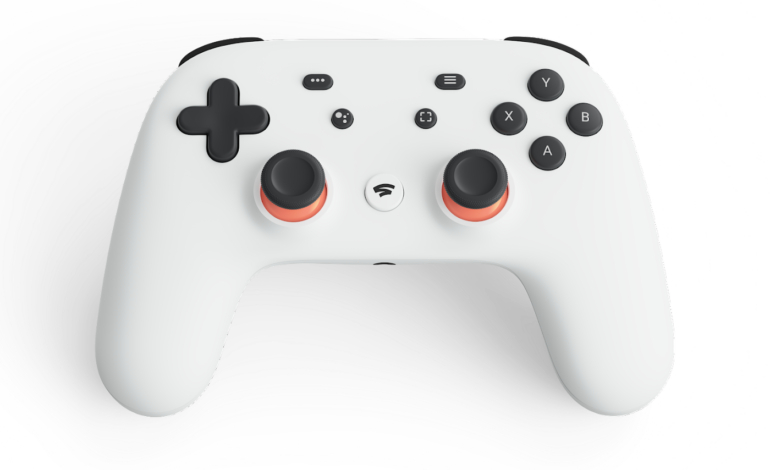

Google Stadia, Google’s first foray into gaming, shut down this January 18 at 11:59 PM PT. Google announced its cloud gaming service would end back in September 2022, citing a lack of traction with users. The announcement came as a surprise to Stadia developers, employees and users who did not find out the service would be shut down until Google’s public statement.
To our players and partners, our team, community and fans: thank you, for everything.
As of 11:59pm PT today, we’re signing off from the cloud. Y’all be good to each other, and stay safe out there.
☁️ 🎮 pic.twitter.com/aCr0gW8IQq
— Stadia ☁️🎮 (@GoogleStadia) January 18, 2023
Google promised full refunds for any purchases made for Stadia products, including games and hardware, that were through the Google and Stadia stores. Subscriptions to the Stadia Pro subscription service will however not be refunded. The cloud gaming technology used for the Stadia will reportedly be repurposed and licensed out to former competitor products.
Google Stadia publicly launched in November 2019. The service utilized its cloud gaming technology to offer games that would be stored on the cloud rather than through physical hardware. This allowed gamers to buy and play games on the go through their phones or Chromebooks without worrying about hardware space concerns, much like how streaming services like Netflix or Hulu store movies and television shows.
Google Stadia hosted 278 games through its three-year lifespan, the last of which being Worm Game, a developer-testing game that was released for free in the last week. One of the biggest criticisms of the platform was its disappointing software library, not helped by Google closing down their internal game development studios in early 2021. A lack of third and first-party exclusives as well as a questionable marketing strategy appealing to dedicated gamers rather than the more casual players the Stadia service was better suited for marked the Stadia for a short lifespan. It remains to be seen whether other cloud gaming services such as the Amazon Luna and Nvidia GeForce Now will suffer a similar fate in the near future.
Play games, take surveys and take advantage of special offers to help support mxdwn.
Every dollar helps keep the content you love coming every single day.
